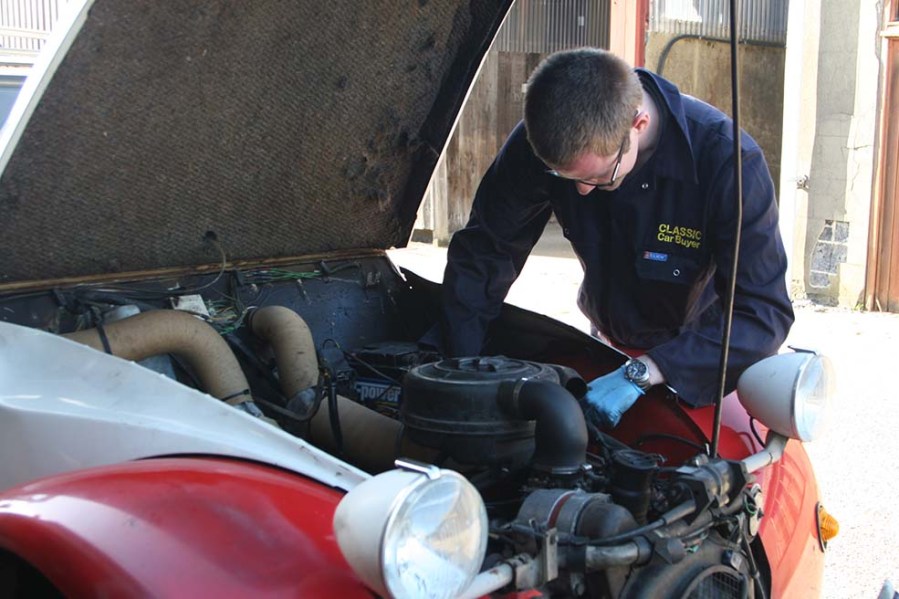As we ease out of lockdown, it’s the perfect opportunity to get your favourite classic ready for the open road. Here’s what to check before you do
As the country slowly starts to unlock, it’s time to get excited about taking your classic on a longer drive. The Classics World team have certainly been enjoying cooking up ideas for road trips, but it’s easy to get carried away – it’s important to make sure your car is up to the task after an extended period of storage.
Many of us will have at least warmed up the engine every month or so, and even perhaps rolled the car up and down the drive to keep things working. However, without a proper drive on the road, there’s only so much you can do to ensure everything is in working order. Here are our pointers for essential post-lockdown classic car checks:
Battery
Let’s start at the beginning: is your classic going to start? If you left the battery connected for 12 months over lockdown, then the chances are pretty much zero, but you might just be able to save the battery itself. Rather than hooking up that 30-year old charger, try a modern electronic unit.
Brakes
At the other end of the scale, take it easy on your first trip round the block in case you have one or more seized calipers which don’t want to play ball. On drum-braked cars, inactivity does the seals in the wheel cylinders no good at all, so check inside the wheel for signs of fluid leakage.
Tyres
Even if the pressures were spot-on when you parked the car up, you’d be surprised how much air can disappear over 12 months. Check also for any crazing and sidewall bulges, too. How old are they? That set of tyres you think of as being ‘new’ may well have been bought 15 years ago.
Fluids
If it was low on oil last time you drove the car, did you ever get round to topping it up? As for the coolant, even a tiny leak can see the level drop significantly over a year’s inactivity, without you even noticing a pool on the garage floor. While you’re at it, check the screenwash!
Fuel
With fuel now containing up to five per cent ethanol (set to rise to 10 per cent shortly) leaving petrol in the tank for long periods can be problematic. You can’t do much about what’s already in the fuel lines, carburettor or injectors, but by using an additive in the tank you can partly combat its effects.
Sign up for a subscription to one of our fantastic motoring publications by following the link below, with inspiration for how to get the most out of your classic this summer






